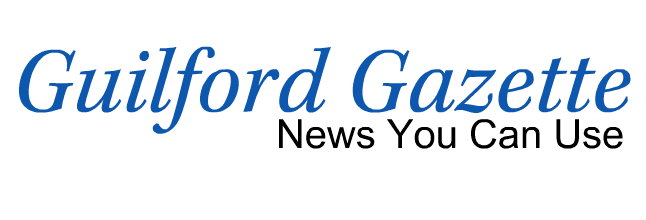
by Charlie Youngmann
Capital News Service
At this stage, Hogan has the choice of signing a bill into law, allowing it to become a law without signing, or vetoing the bill — with the exception of legislation he’s already vetoed that has been overridden.
Thursday marked one of four bill signings Hogan has scheduled for April and May. Subsequent signings are scheduled to take place April 30, May 13 and May 23.
While these signings generally begin the day after the legislative session ends, Hogan delayed the ceremony out of respect for House Speaker Michael Busch, who died April 7, one day before the end of the session.
Hogan later on Thursday called a special session of the legislature for May 1, to allow the House of Delegates to elect a new speaker.
Hogan signed House bill 181 and Senate bill 103, named “Grace’s Law 2.0”, which will provide an updated version of the protections against cyberbullying put in place by the first “Grace’s law,” which was passed by the Maryland General Assembly in 2013.
The law and its predecessor are named after Grace McComas, who killed herself on Easter Sunday 2012 after being cyberbullied, according to a Capital News Service report.
Hogan signed several bills that will increase penalties for threatening hate crimes or acts of mass violence, as well as a bill that will require the Maryland State Police to collect and record data on hate crimes.
Hogan also signed House bill 871 and Senate bill 690, which will reclassify human trafficking as a violent crime. House bill 734 and Senate bill 689 will increase penalties for labor trafficking as well.
A joint resolution Hogan signed will make June 28 Freedom of the Press Day in Maryland. The date chosen marks the anniversary of the shooting at the Capital Gazette newsroom in Annapolis that resulted in the deaths of Gerald Fischman, Rob Hiaasen, John McNamara, Rebecca Smith and Wendi Winters.
Because the Capital Gazette newspapers cover Maryland politics and public policy, Rick Hutzell, editor of Capital Gazette Communications, said his paper couldn’t endorse an honor awarded by the state.
“The most important honor we get is from our readers who subscribe to us,” Hutzell said, echoing the paper’s editorial that addressed the measure. “Every day is press freedom day for us,” he said.
Hogan signed House bill 1428 and Senate bill 619, which will enact a new conflict of interest policy for the University of Maryland Medical System’s board of directors in order to increase transparency.
Soon after the bill’s introduction, an investigation by the Baltimore Sun uncovered no-bid contracts between the University of Maryland Medical System and its board members. Among these contracts was a deal to sell Democratic Baltimore Mayor Catherine Pugh’s “Healthy Holly” children’s book to the University of Maryland Medical System, according to a Capital News Service Report.
Hogan also signed Senate bill 521, which will require the Maryland Department of Health to provide more health service accessibility to veterans in order to prevent veteran suicide.
